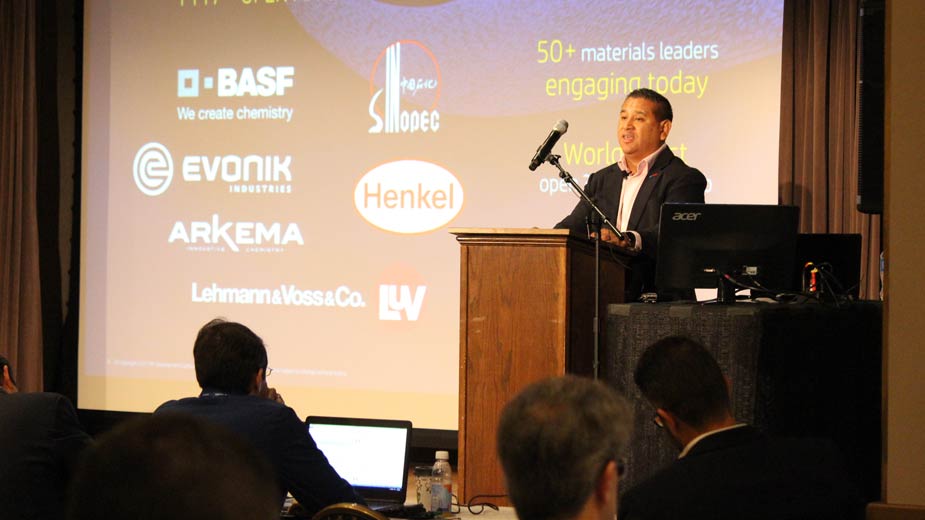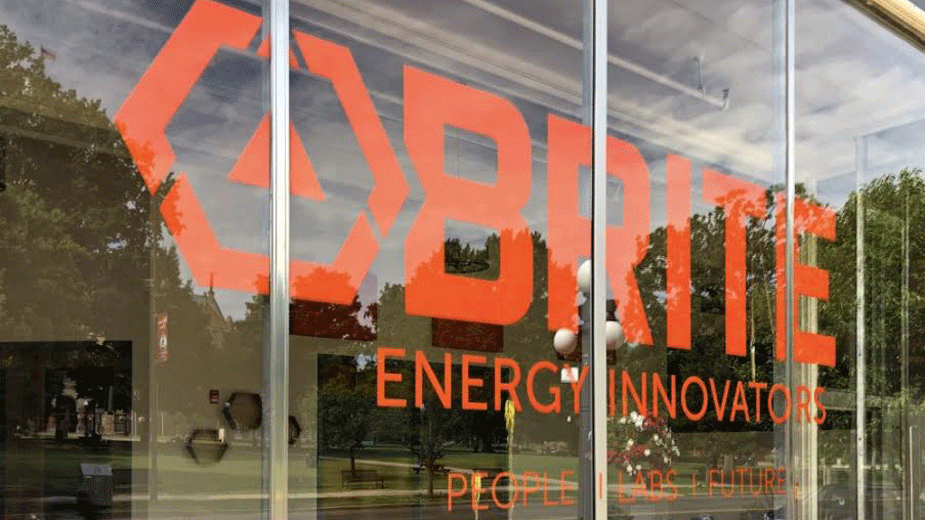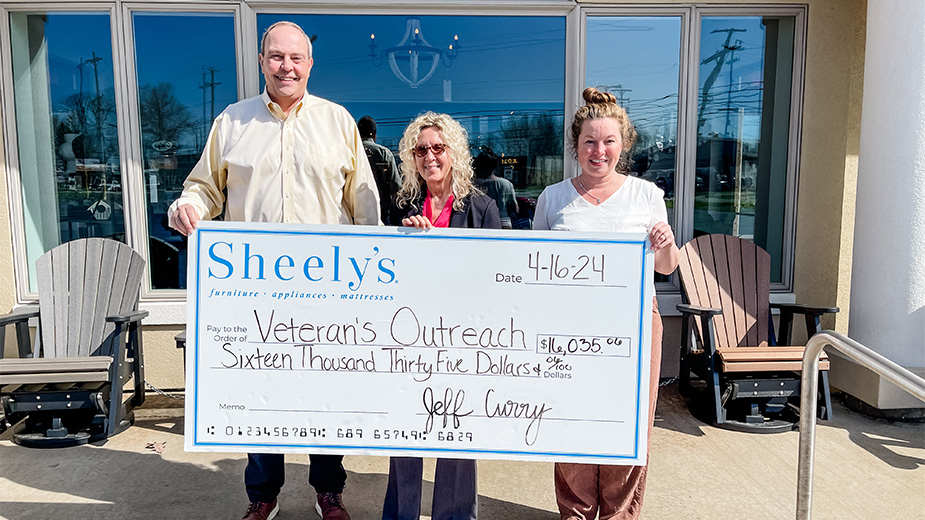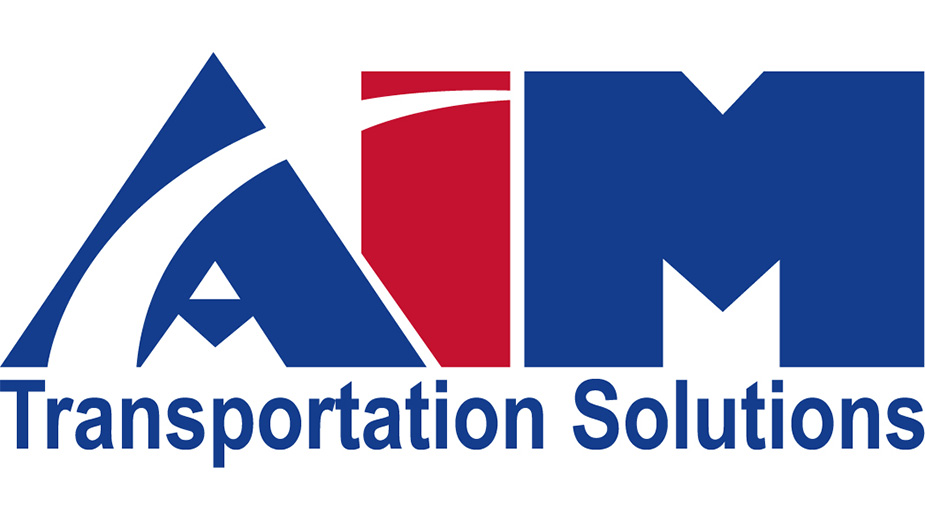HP Exec Forecasts 30% Growth in 3-D Market
YOUNGSTOWN, Ohio – Additive manufacturing technology will disrupt the global economy to the tune of $4 trillion to $6 trillion over the next decade, an executive with HP Inc. said Wednesday
The executive, Jason Rodriguez, addressed the opening session of America Makes’ two-day annual meeting at Stambaugh Auditorium.
This year, America Makes opened its Members Meeting and Exchange to nonmembers. Some 60 of the 275 registered to attend were non-members, reported said Scott Deutsch, brand and communications director.
Rodriguez, who delivering the keynote address, is vice president and head of global education and market development for HP. He outlined the outlook for the industry and detailed how his company is advancing the technology.
“We see that 3-D printing provides the U.S. with the opportunity to capture $600 billion to $900 billion of economic value over the next five to 10 years,” Rodriguez said. “The U.S. also has the ability to generate three- to five million jobs over the same time period if they embrace the right polices as it relates 3-D printing.”
The 3-D printing market is projected to grow 30% over the next five years, representing a “big opportunity,” as Rodriguez called it, to address the global manufacturing market, which exceeds $12 trillion. The World Economic Forum estimates that the total value of digital transformation across all industries could reach $100 trillion over the next decade.
“The fourth industrial revolution is all about the digitization of manufacturing, ones and zeros controlling all steps of the manufacturing process,” he said. Among its benefits is faster innovation, decreased time to market a greater variety of products, improved business efficiency, more efficient supply chains and greater capital efficiency.
The fourth industrial revolution will democratize both manufacturing and design, he said.
HP’s 3-D printing mission is to change how the world designs and manufactures products, “or, to say it differently, to lead the next industrial revolution,” Rodriguez said.
HP sold its first 3-D printer only a year ago but now is shipping more plastic production 3-D printers than any other company in the world, he said. It is now is selling in all three regions of the world.
During his presentation, Rodriguez highlighted the applications of HP’s multi-jet fusion technology. As an example, he offered an air vent that, manufactured using conventional means, was composed of six parts and 13 screws, plus assembly and testing. Using the HP technology, it was printed as a single piece, with superior air tightness. Production cost was reduced to $30 from $187.
“By redesigning and combining parts, it is possible to improve performance and reduce cost,” he said. “Our intent is to disrupt the $12 trillion manufacturing market. With multi-jet fusion, we have a fundamental advantage.”
Next year the company plans to enter the 3-D metals industry with a “novel approach” that leverages key HP assets built around the combination of high quality and improving the economics of metal 3-D printing. “This is a breakthrough technology,” Rodriguez stated.
The United States remains the global leader in 3-D printing technology, but other nations, including China and Germany, are pouring their resources into its development and capitalizing on the opportunities it offers.
“Countries that have an existing base of manufacturing need to act to maintain that base,” he warned. “They need to be leaders in the space to secure and defend the existing economy.”
He advocated for initiatives to promote the use and development of additive manufacturing, including training engineers and designers who can take advantage of 3-D printing’s capabilities, incentives to encourage supply chain transition and protection of intellectual property.
As a brand, HP has “the same challenges that we’re trying to address,” said Rob Gorham, executive director of America Makes. The company, which has increased its involvement with America Makes in recent years, “almost with its brand reaffirmed what we’re trying to do as a public-private partnerships,” he said.
“We need to keep doing this,” he said. “It’s the only way we’re going to do it as a country. You can’t depend on one company to lead the nation’s strategy in additive manufacturing.”
Toward the end of the morning session, Barb Ewing, CEO of the Youngstown Business incubator, and partner of America Makes that houses the manufacturing institute in one of its buildings, discussed the recent announcement that YBI, in partnership Youngstown State University, has secured an XJet Ltd. Carmel 1400 printer for ceramic printing.
The discussions began with a local delegation’s trip to Israel earlier this year.
“As these conversations evolved, we really started to impress upon them the value of establishing a toehold in America, and specifically in Youngstown, as a place to locate their equipment and begin to build a business around that,” Ewing said.
The state of Ohio is providing funds to support the acquisition of the Carmel 1400 printer, although Glenn Richardson, managing director for advanced manufacturing for JobsOhio, said the amount is still being discussed.
Additive manufacturing is one key technology Ohio is pursuing, “so we see this opportunity to work with YBI and YSU as a natural extension of that strategy,” Richardson said.
Nearly 17% of the Ohio economy is derived from manufacturing. “We have to be aware of emerging technologies — not only from a defensive posture — but to be at the leading edge of that technology so that we can grow jobs in the state,” he said.
Also during the morning session, America Makes presented its Distinguished Collaborator and Ambassador awards.
Gorham and Ralph Resnick, executive director of the National Center for Defense Manufacturing and Machining and founding director of America Makes, presented the Distinguished Collaborator award to Jim McCabe, senior director, standards facilitation, at the American National Standards Institute, and Jim Williams, president of All Points Additive.
In addition, the inaugural class of America Makes Ambassadors was recognized. Honorees included:
- Mike Garvey, M-7 Technologies
- Teresa Clement, Raytheon
- Marilyn Gaska, Lockheed Martin Co.;
- Tony Hughes, The Lanterman Group
- Mark Cotteleer, Deloitte
- Lisa Camp, Case Western Reserve University
- Ashley Martof, YBI
- Also recognized was Terry Wohlers of Wohlers Associates, who was not at the event.
Copyright 2024 The Business Journal, Youngstown, Ohio.



